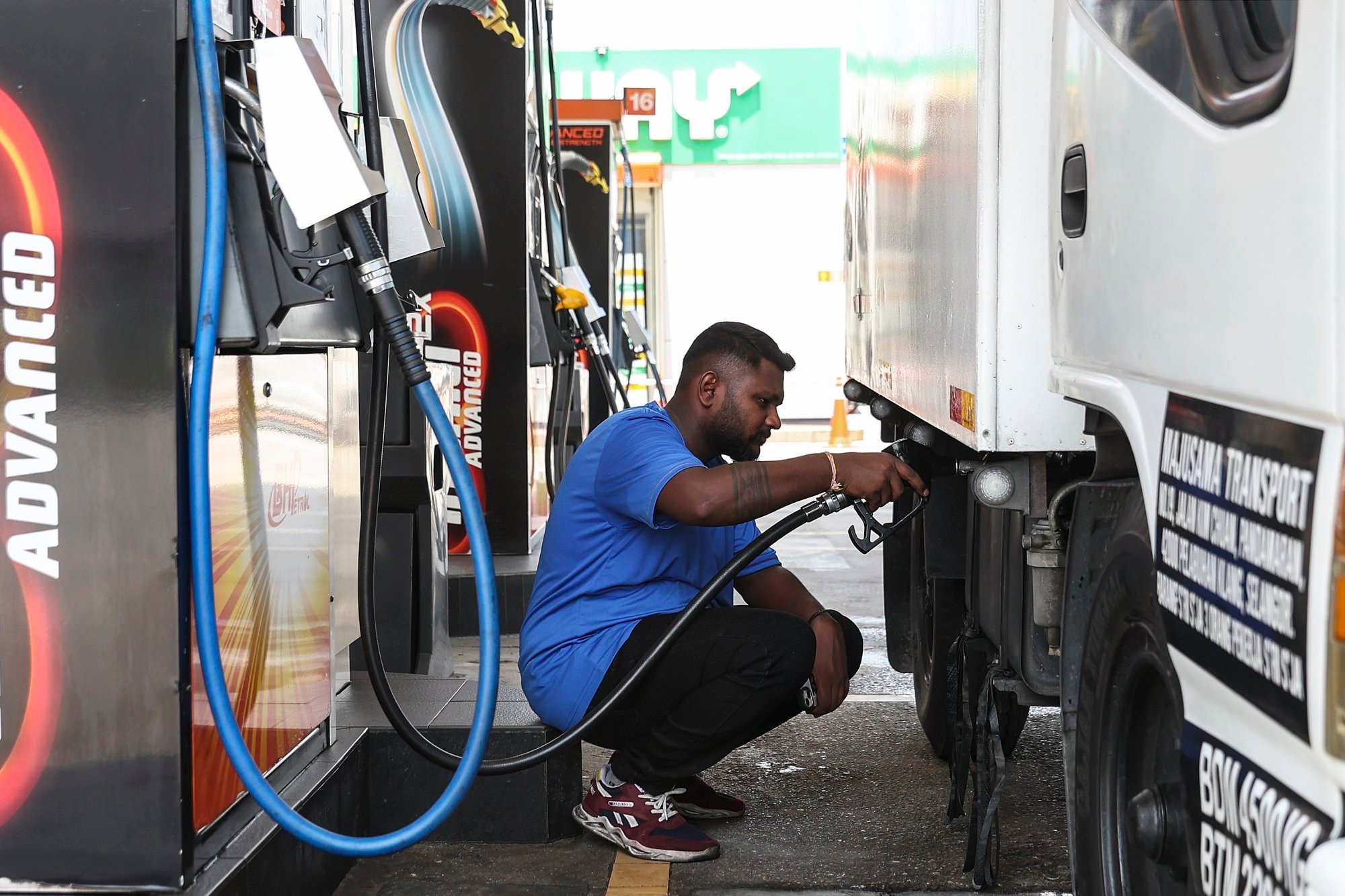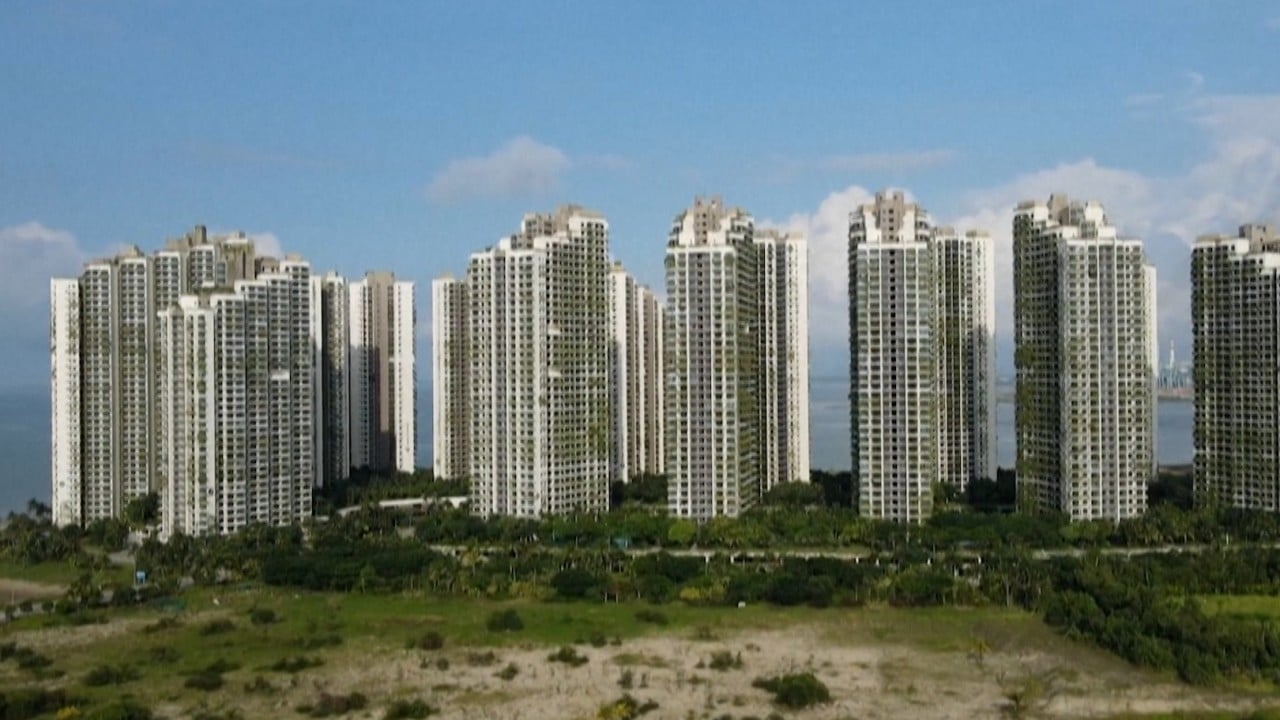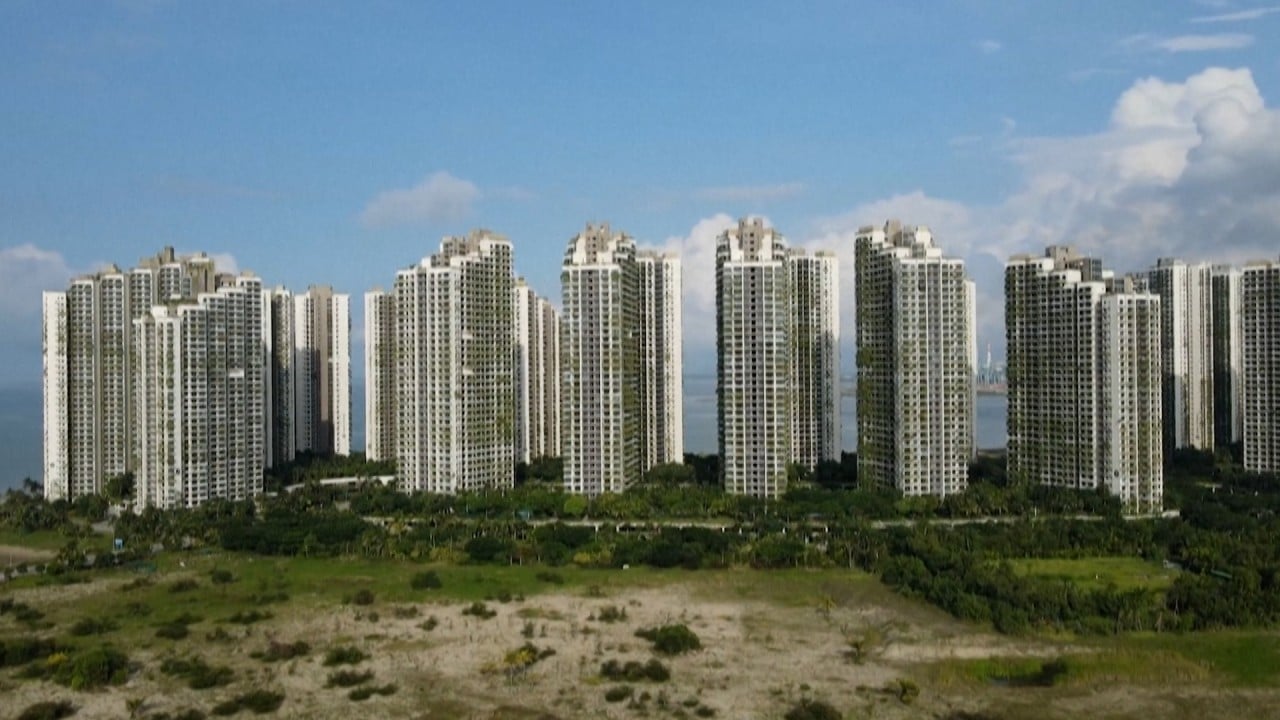Malaysia’s government said it was still evaluating its plan to slash petrol subsidies, barely a week after it was routed at a state by-election when voters expressed their discontent over persistently high living costs linked to earlier subsidy cuts.
Islamist opposition party PAS retained the Sungai Bakap seat on Saturday by a wide margin, securing a 4,200-vote victory margin in the rural seat in the government stronghold state of Penang.
Analysts say the Malaysian Islamic Party’s win signals growing public unhappiness over the decision to replace blanket diesel subsidies with a targeted system, which has done little to ease stubborn inflation that has hurt the pockets of Malaysians.
“The government at this point of time is still studying and re-evaluating subsidies and aid for the people, including for RON95 petrol,” Economy Minister Rafizi Ramli said in a written parliamentary reply dated Thursday, referring to the petrol grade under the government’s subsidy programme.
“Consultation with stakeholders will also be carried out to ensure all aspects are taken into account, including a suitable timeline and mechanism for implementation so that those who are impacted receive the appropriate benefits.”

Rafizi’s explanation follows an earlier statement by Prime Minister Anwar Ibrahim, who told parliament last week that the government has yet to prepare a policy paper on petrol subsidy cuts.
The government has been accused of failing to rein in living costs as it implemented a raft of cuts to subsidies for utilities, chicken and diesel from 2023 in a bid to cut government spending and stabilise the country’s financial position.
Nearly 3 million private sector workers in Malaysia collectively took out about 7 billion ringgit (US$1.5 billion) from their retirement savings in a matter of weeks to cover living expenses, after recent changes to the country’s mandatory savings fund allowing discretionary withdrawals.
The government spent nearly 295 billion ringgit on subsidies and social aid between 2015 and 2023, which accounted for 10.9 per cent of the government’s total spending over the period, Rafizi said.
Another 58.1 billion ringgit has been budgeted for subsidies and public aid for this year, he added.
“The government has identified targeted subsidies as an initiative to ensure the effectiveness of aid delivery and to improve the government’s financial position,” Rafizi said.
Successive governments have grappled with the challenge of weaning the public off broad subsidies, which have failed to adequately address the needs of the lowest income earners despite the rising burden on public coffers, according to economists.
Anwar’s administration came under fire last month after it went ahead with the diesel subsidy cuts, prompting pump prices to soar by about 50 per cent to 3.35 ringgit per litre overnight on June 10.
The government said then that the new targeted subsidy system would curb rampant smuggling and save 4 billion ringgit from the annual subsidy bill.



